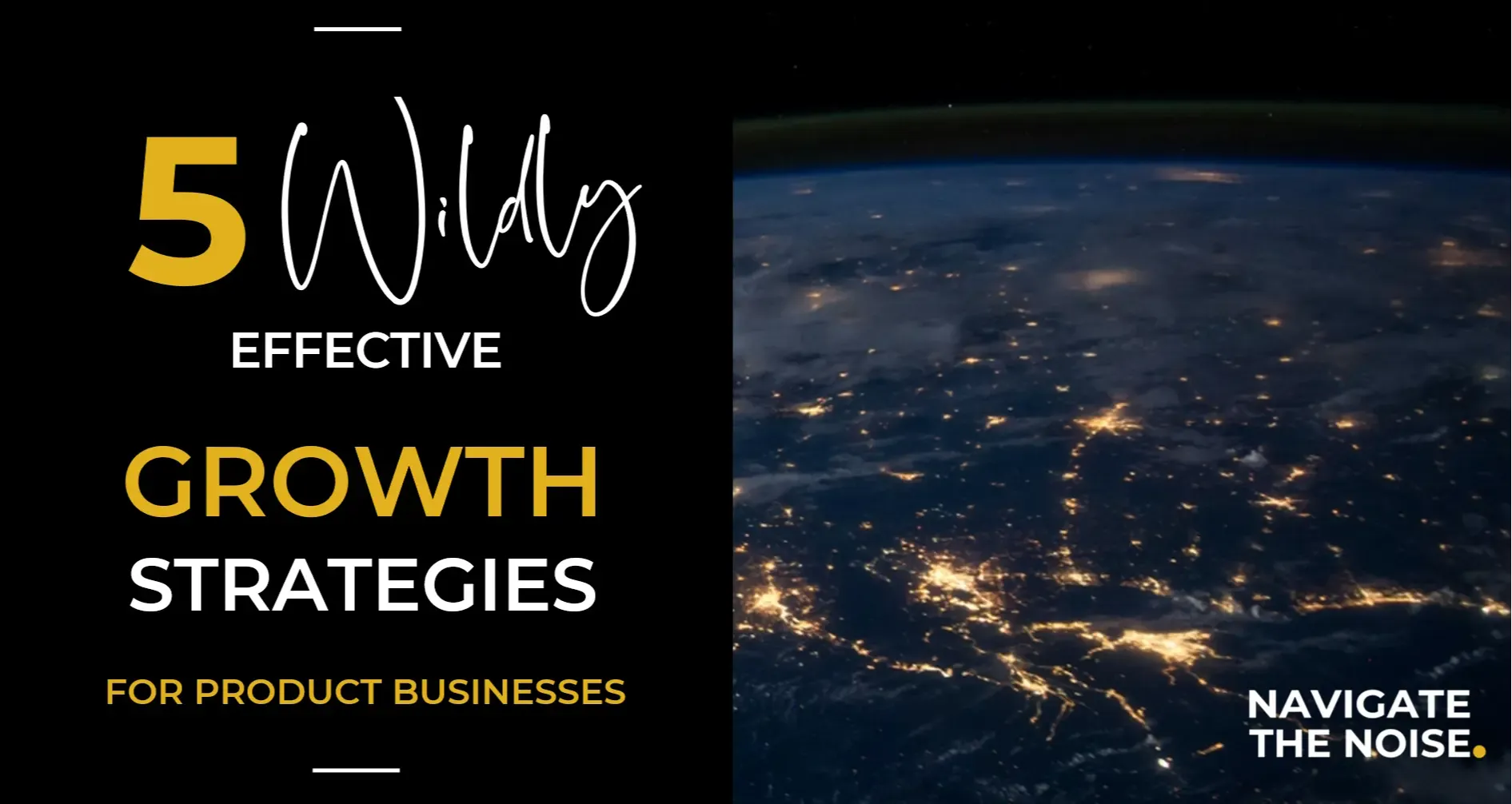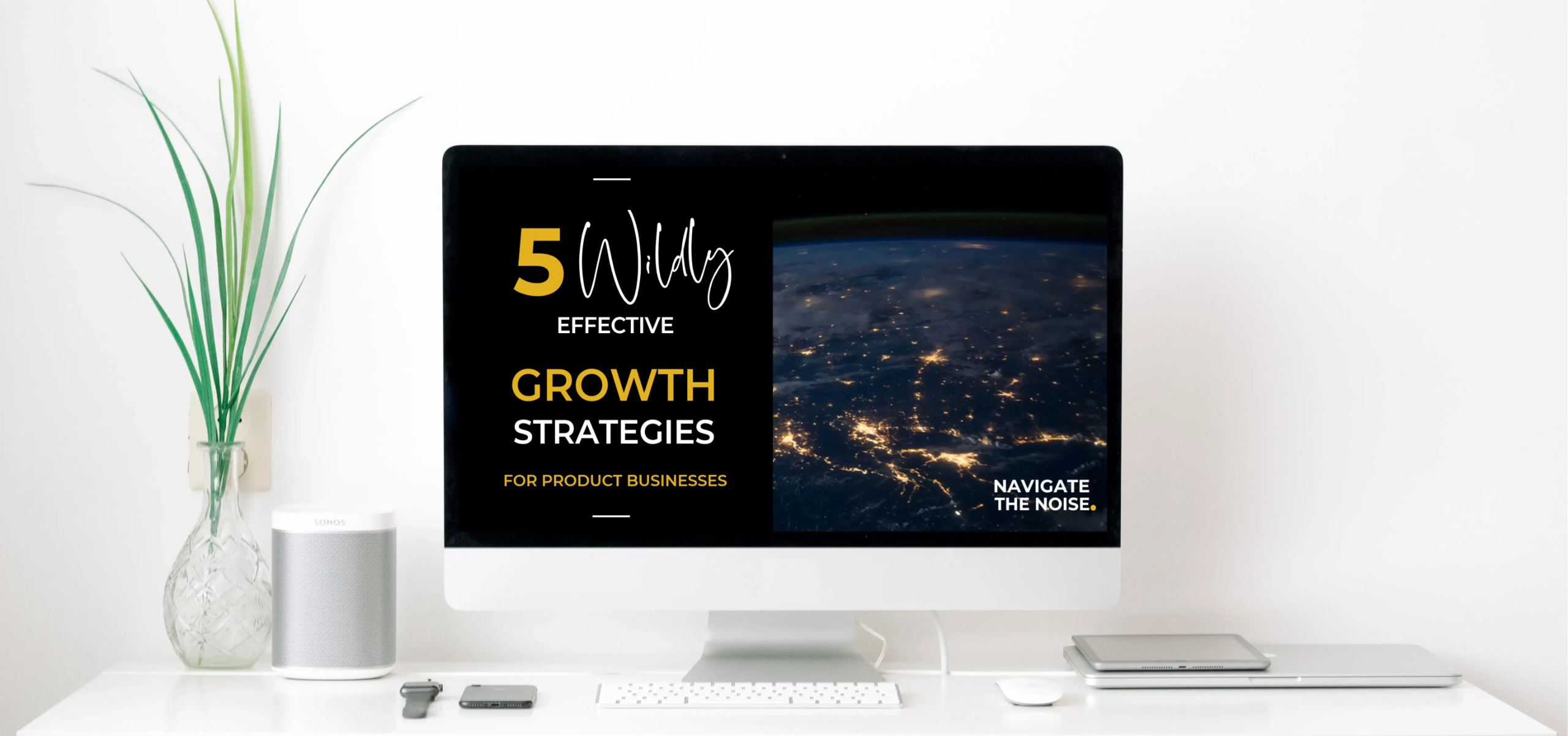How To Sell To A Retail Buyer - What Makes A Great Pitch?

Pitching to a retail buyer can be terrifying if you’ve never done it before. However, you’re going to be okay. With the right strategy and preparation, your pitch will flow without a hitch.
To help you with your business growth plans and provide practical steps on how to approach pitching to a retail buyer correctly, let’s look at the key strategies you need to consider. This will cover both the prep work prior to the pitch and things to do on the day.
Prep For the Basic FAQs
The first thing to do before pitching to a buyer, is prepare for the basic and frequently asked questions that all buyers have about you and your products.
You will need to know your numbers and you’ll need to be able to tell your story. Don't be surprised if they quickly move past your story though and go straight for the gold... the numbers. Buyers don't have alot of time for each pitch and will want to get to the deal in front of them, fast.
Have details to hand about where your products are selling at the moment, the performance - what's working well, number of units that you are trading per store, each week at those locations, and of course your wholesale pricing and recommended retail price (RRP / MSRP).
You should also be able to explain how many products in your range you think should be on a shelf for maximum impact in the Retailers unique store footprint and recommend an ideal assortment.
Remove The Objections
We recommend to our clients to carefully identify ahead of time any objections the retail buyers may have to your product and make sure you strongly answer and solve those objections during the pitch - allowing the Buyer to work past them.
It’s your job to find the challenges and issues they will have with your product. Work hard prior to the pitch to carefully think things through from a Buyers perspective and create scenarios covering the reasons why they won't take your product and work through them one by one.
- If wholesale price is likely to be a problem for the buyer, how will you counter that?
- If the packaging isn't what they want, would you / could you change it and still go ahead with a deal?
- If they feel the shelf space is already very competitive and there is no room for your product, how will you convince them? which competitor would need to come off that shelf space to be replaced with your product and why would the buyer make that switch?
- If they object to your supply chain and feel you are unlikely to be able to deliver the inventory on time and in full, what action will you take and what words will you use to reassure them?
- it's your job to convince buyers you and your product are worth investing in.
Trends and Testimony
When you preparing to pitch to a buyer, you need to ensure that you’ve got trends and testimony ready.
This means you want to document market trends and gather testimonials that support your product and make your product fit into the "now" - appealing to modern shoppers, meeting real needs and demand plus recognising current buyer behaviour patterns.
These 2 vital pieces of information of 1) Trends and 2) Testimony will help highlight the customer pain points or challenges the retailers own customers are facing, clearly demonstrate with evidence, how your product has helped other customers just like them and smooth over concerns that buyers have.
Have an Exclusive Ready
If you want to make a buyer feel special, have an exclusive product waiting for them. It might be a new product line or a brand new colour-way. Anything that your brand is creating that is unique to them and their stores, will help make you more appealing to the buyer.
They want different. They want to give their customers a reason to come into store - for the one product that can't be found anywhere else. Even a unique bundle of products, beautiful packaged together and priced as a combo, can be enticing enough and help seal the deal.
Support Promotions
Confirming upfront that you are, as a brand, fully willing to support Promotions can help a lot with your pitch. Show up and commit to the project of working with the retailer and the process, even if it means taking a slight financial loss.
Often Buyers will sort through new brands on the basis of who is truly capable of supporting in store promotions like buy one get one free and may even set a minimum promotional amount that they expect you to spend with them each month.
For some categories, particularly in Grocery, it is not unheard of for some product types to be permanently on promotion. Make sure you are clear on your profit margins and what level of promotion you can genuinely support for the longer term.
Mitigate Risks and Review Your Operations
Risk mitigation is a big part of retail pitches. A lot of retailers are risk-averse. They don’t want to be in a situation where inventory arrives late, or the product doesn’t sell, or sales are left on the table because you can't get behind the promotion or work at their pace.
You’d do well to identify potential operational performance risks and create solutions ahead of time. For example, say to yourself "If this happens, we would do this..." - then write it down!
Reassurance on the robustness of your supply chain - how able you are to actually deliver the quantities and turnover volumes of inventory to keep up with demand is key.
Buyers don't want to see a wobbly supply chain or that you have 1 person named Fred who can make your product and no one else if he goes off sick. They want to see a professional set up and a professional partner in front of them.
This is true of your warehouse operations too - often Buyers from major retailers will expect you to have a fulfillment warehouse partner in place who has an EDI system capabilities so that inventory data and document standards can flow between the 2 parties seamlessly.
If you are not there yet in terms of your back office operations, seek advice and look for partners to help you professionalise your business operations to bring them up to scratch.
Follow Up After the Pitch
The day after a pitch, you need to make sure that you follow up with your Buyer contact professionally.
This means that you need to send information if you promised to do so on the day and coordinate with great communication on all future efforts.
It is essential to coordinate with Buyers and make sure they understand what’s on offer and that you’re committed to their success and most importantly, you are someone who does what they say they will do.
If the Buyer gives you a strong and fair No, accept it with grace this time around but make sure you keep your lines of communication open with them and check to see if they are open to hearing about any new future product innovations your brand may create.
Make It Happen In Your Business
Preparing for a pitch is an integral part of retail expansion and business growth, for any product based business. You need to make sure that you deliver a professional and insightful experience to Buyers during the pitch, in order to get the win.
Your best bet is block out dedicated time to prepare extensively prior to the pitch and when it comes to your pitch day show up as your very best self. Demonstrate that you’re committed to your brand, your product and shared success with the retailer. Put yourself in their shoes and recognise that a pitch is only the first step in building a long term relationship with your retail buyer.
Next Steps
- Preparation is essential to a successful pitch to a retail buyer. Make sure you start with the basics including the Buyer themselves, who are they?, what is the scope of their Buying role?, do they cover multiple categories?
- Know your numbers. Triple check ALL your numbers in any presentation documents, make sure they add up and make sense. Know your profit margins and how much you can give away to secure the deal.
- Practice your pitch before the big day. Practice makes perfect!
- If you would like help in preparing to pitch to buyers or in developing your wider business growth plans, please book a FREE discovery call to find out how we can help you grow your business faster than you are doing so now.
- Read our related blog post 4 Reasons Why You Should Sell Into Major Retailers.
Grab Your Free Guide:
5 Wildly Effective Growth Strategies
This guide will walk you through our proven steps to get your product selling, creating a global footprint for your brand.
We hate SPAM. We will never sell your information, for any reason. You can unsubscribe at any time.






